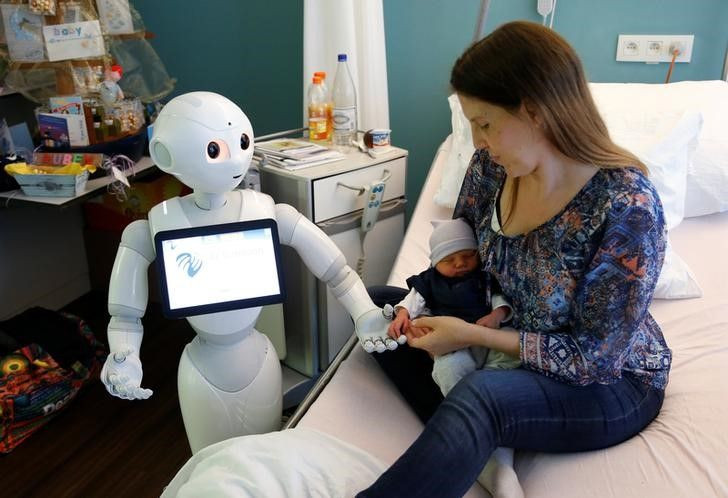Robots Will Leave More Than 20 Million People Unemployed

Robotization will lead to a surge in income inequality worldwide, hurl more people into poverty and make the rich a lot richer than ever before.
More ominously for humans, however, is that over 20 million manufacturing jobs will be lost to robots by 2030. Those jobs aren’t coming back ever, and projections that robotization will boost global GDP growth by 5.3 percent are scant consolation for the millions of poor people and those who would be fired from their jobs.
These dire scenarios for human workers will begin to be felt by the 2030s, according to a new study by Oxford Economics.
By 2030, robotization will lead to the loss of more than 1.5 million jobs in the United States. China will see over 11 million jobs vanish while member states of the European Union will lose almost 2 million jobs because of automation.
The study analyzed long-term trends leading towards robotization or the added automation in the workplace. Right now, the number of robots in use worldwide has increased threefold over the past two decades to 2.25 million. More than 14 million of these machines will be working in China within the next 11 years.
The pace of robotization has more than doubled, said the report. The number of robots installed in workplaces over the past four years is the same as the number installed over the previous eight years.
This is bad news for humans, especially those in China with its fast-aging population and shrinking birth rate. One in three robots worldwide is now installed in China.
“As a result of robotization, tens of millions of jobs will be lost, especially in poorer local economies that rely on lower-skilled workers,” said the study. “This will therefore translate to an increase in income inequality.”
The report said boosting robotization to 30 percent more than the baseline forecast might lead to a 5.3 percent boost in global GDP by 2030. Researchers said this jump will be equal to adding an extra $4.9 trillion per year to the global economy by 2030 but will do nothing to mitigate growing income inequality.



























